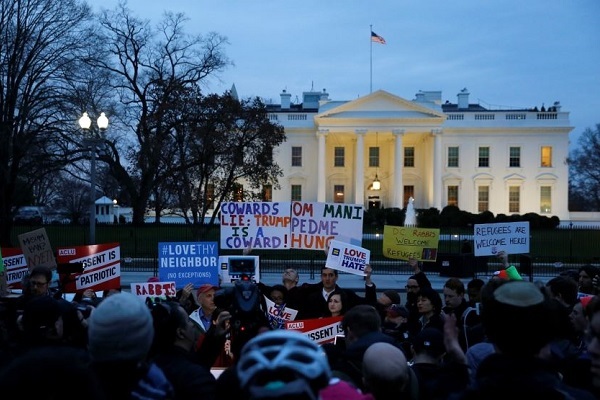Groups Demand White House Apology Following Muslim Mayor’s Disinvitation

Mohamed Khairullah, the Muslim mayor of Prospect Park, New Jersey, for over a decade, was looking forward to attending an Eid ceremony hosted by President Joe Biden at the White House on May 1. He had confirmed his invitation and driven nearly four hours from his home state, only to be told that he was not allowed to enter the executive mansion. Neither the White House nor the Secret Service, which handles security, gave him any explanation for the sudden cancellation of his invitation.
The incident sparked outrage among 42 Muslim American advocacy groups, who wrote a letter to the White House demanding a public apology and clarification for why Khairullah's security clearance was denied. They also asked for a review of his security status to avoid similar situations in the future, a new invitation to discuss the "harmful effects" of secret watchlists, and the abolition of such blacklists altogether.
"We have high expectations that the Biden administration will promptly and publicly reject Islamophobic and anti-Muslim policies and practices, like the current watch listing practices, and we earnestly hope for a swift response from the White House to this incident," the groups said.
Khairullah contacted the Council on American-Islamic Relations (CAIR), one of the letter's signatories, for help, he told Anadolu in an exclusive interview. He learned that his name was on an FBI watchlist that had been leaked online after a US airline left it on an unsecured server.
The list, which was first reported by the Daily Dot news website but never confirmed by the government, contained names from the US’s Terrorist Screening Database and “No Fly List.” The list had about 1.5 million names, mostly Arabic and Muslim ones, and dated back to 2003, according to Dina Sayedahmed, a spokesperson for CAIR’s New Jersey chapter.
Source: Agencies



